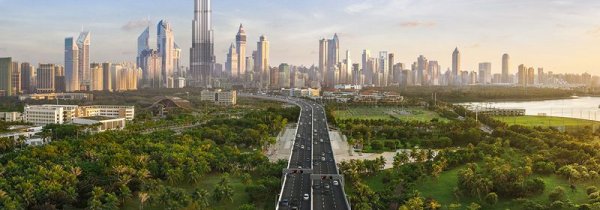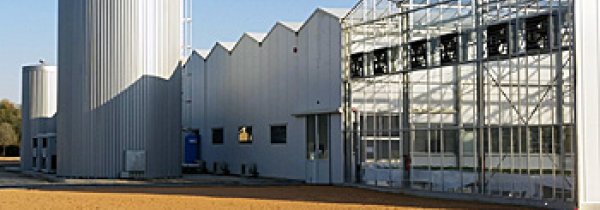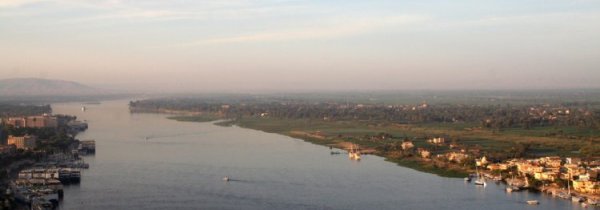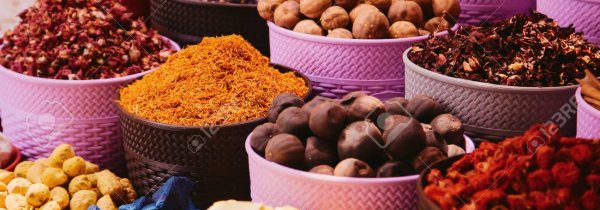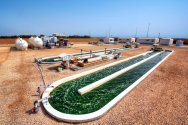Middle East and Northern Africa
Food security and water scarcity in the MENA region will become one of the key issues of the 21st century. If insufficiently addressed, it might lead to severe social, environmental, economic and political consequences.
Given high population growth across the region and the fact that water scarcity is a bottleneck for agricultural production, the region will have to reform its agricultural sector toward resource-efficient and high-value crop farming systems. Wageningen University & Research has expertise in all these domains. Through our research and innovation projects we support the sustainable transformation to a more robust and inclusive agri-food sector in the MENA. We do this by working in interdisciplinary and transdisciplinary international teams with companies, civil society organisations, governmental agencies, and research partners.
WUR involvement in the MENA region covers the three sub-regions mainly the Gulf, the Levant and the Maghreb regions. In the Gulf region (GCC) the main issues related to agriculture production are horticulture water efficient production, self-sufficiency and food-safety. Protected Horticulture offers different technologies in this field like soilless culture combined with recirculation of drain water, alternative cooling methods and integrated pest management. Most research and consultancy projects in the Gulf region focus on these issues where WUR contributes to the design of demonstration and research facilities, the set-up of research programmes and training of research and operational staff through capacity building in particular in Qatar, UAE and Saudi Arabia.
In addition, WUR has continued the engagement in the Levant region to increase in crop water productivity in Egypt and Jordan through the project Water Productivity Improvement in Practice (Water-PIP) which aims at assessing water productivity variability and support national policies to improve water productivity. WUR has also continued the engagement to innovate the agricultural knowledge and systems of Jordan’s horticultural sector.
In North Africa WUR supported the research efforts on the impact of activities of potato chains in Morocco and Algeria as part of a regional food system on the SDGs providing recommendations on enhancement. Moreover, WUR has developed and designed employment programs in the agricultural sector in Tunisia especially for young people and women.
Education and Capacity Development
We support the delivery of high quality scientists and professionals who are capable of addressing the MENA region agri-food challenges. In Wageningen we educate and train Middle Eastern and North African MSc and PhD students. Each year we welcome students from countries belonging to the MENA region, for example from Tunisia, Iran, Lebanon, Saudi Arabia and Egypt. Wageningen University & Research also offers short courses for mid-career professionals. These are attended by many Africans active in the food, agro- or pharmaceutical industries as well as policy makers and NGOs.
Our alumni make a significant contribution to the agricultural transformation in the MENA region as they are the (future) leaders of the region.
Wageningen University and Research has signed MoUs (Memorandum of Understanding) with universities in the region. This results in cooperation between these universities and WUR. To learn more about the possibilities to study in Wageningen, please visit the Student Information Page. And for more information you can contact our region manager MENA Wassim Beaineh.

